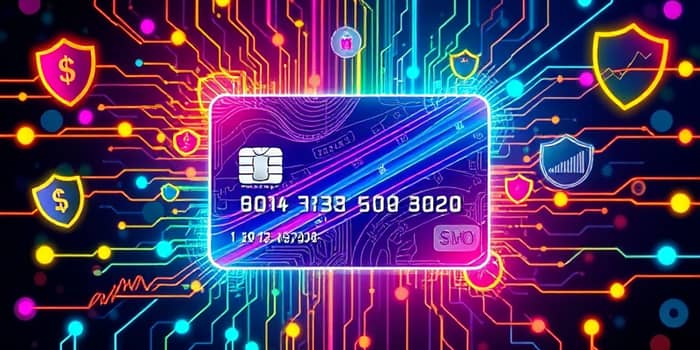
Your credit card decision isn’t just a spending tool; it’s a cornerstone of your individual's collective financial profile and future opportunities. Choosing the wrong card can expose you to unnecessary fees, high interest, and even long-term security risks.
Your financial identity includes your credit history, payment habits, and the variety of accounts you hold. It influences lenders, employers, and even landlords when they evaluate your reliability.
At its core, your financial identity is a mirror of consistent on-time payment behavior, responsible debt management, and strategic product selection. Every decision, from account openings to balance transfers, shapes how the world sees your financial reputation.
Credit cards come in many forms, each designed for specific goals. Selecting the right type can accelerate growth or protect you from setbacks.
Matching features to your lifestyle ensures you gain maximum benefit without hidden costs.
Every swipe, balance, and payment is reported to credit bureaus, molding your credit report and score. The FICO Score breaks down as follows:
Your goal is to maintain an ideal credit utilization ratio by keeping balances low relative to limits, preserve the average age of credit by keeping accounts open, and diversify responsibly for a healthy diversified credit mix.
While credit cards offer convenience, they can also be targets for malicious actors. Common fraud types include:
Most issuers enforce a robust zero-liability protection policy, capping your responsibility at a small amount—often $0 to $50—when fraud occurs. However, repeated breaches can damage your score and take months or years to fully repair.
Proactive steps can shield your credit profile and foster steady growth:
Consistency and vigilance are your strongest defenses against threats and missteps.
Selecting a card should align with your unique financial objectives:
If you’re building or rebuilding credit: opt for secured or student cards with low deposits and clear reporting. Automate full monthly payments to establish a flawless payment record.
For maximizing rewards: match card categories—like groceries or travel—to your top spending areas. Monitor reward expiration and annual fees to ensure a net benefit.
To minimize fees and interest: choose no-annual-fee or introductory low-interest cards. Pay balances in full each cycle or transfer balances to lower-rate options when necessary.
Every credit card you hold is a chapter in your ongoing financial story. By understanding the mechanics of reporting, guarding against fraud, and choosing products that align with your aspirations, you craft a stronger long-term security and reputation in the eyes of lenders and beyond.
Invest time in research, stay disciplined in payments, and prioritize cards that support your goals. Your financial identity is not just a number—it’s a testament to your decisions, habits, and resilience. Make each choice count.
References













